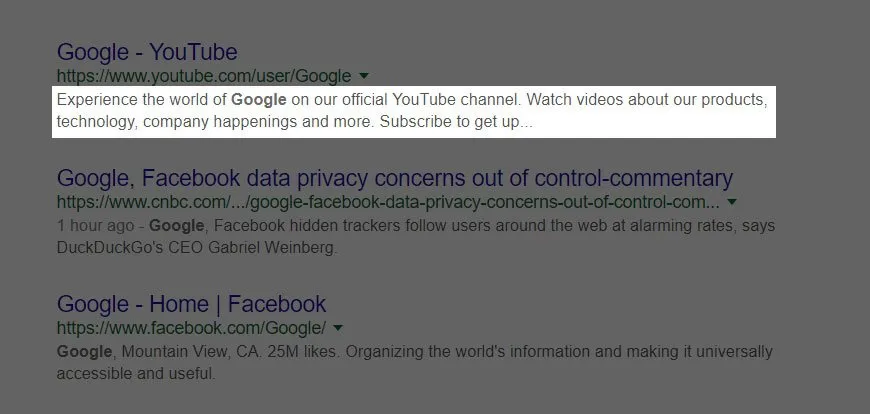Search Engine Optimisation (SEO) refers to the practice of optimising a website for it to be found easier by major search engines and as a result show up higher in the Search Engine Results Pages, commonly referred to as SERPs.

Photo by Igor Ovsyannykov
The major search engines that search engine optimisers (SEO’s) generally target are Google, Bing and Yahoo. There are a lot more search engines out there, but when looking at the market share one can understand why most SEO’s only target those three. In South Africa the approximate usage statistics are as follows; Google enjoys a whopping 94% market share, Bing is used 4% of the time and Yahoo is at 1% usage. The remaining 1% is divided up into many other search engine alternatives.
The two main types of optimisation
There are two main types of optimisation that can be applied to a website to improve its rank on major search engines, commonly known as On-page Optimisation and Off-page Optimisation.
On-page Optimisation

Photo by Ilya Pavlov
You may have heard of how you’re supposed to spread your keywords all over your website. In the content on all the pages and hidden in the code somewhere. Perhaps you’ve even heard the term “meta tags”. That is what we call on-page optimisation and it is actually only a fraction of the work required to properly optimise a website for search engines. It is quite simple, think of it as coding the website in such a way that Google will know exactly what the site is about once it crawls through it. The website address itself can be very important, i.e. “www.websitedesign.co.za” does stand a much better chance to rank higher when you search for “website design” than a domain based on an arbitrary company name such as “www.wix.com”. That is not to say that the latter can’t outrank the former, there are a lot of factors that influence the ranks. What’s really the most important is off-page optimisation, which we’ll get to in a bit.

Screenshot highlighting the page description pulled from the meta description tag
There are a lot of places in the code of web pages where keywords and phrases need to be placed strategically. Such as the page title tag, page headings, paragraphs and links and even image names. Let us not forget about the very famous meta tags (if I received $1 every time a client said “I want a lot of meta tags” I’d be rich!). Simply put, meta tags are bits of content that won’t be visible on web pages, but do get stored by third-party systems such as search engines for useful information. A great example of this is that small paragraph of text you see under a search result on Google – that is called a meta description tag. (see the above image)
Off-page optimisation

Photo by Ishan @seefromthesky
This is where it gets really interesting and, if you are serious about getting your website optimised to outrank the competition, this is where you’ll spend most of your money. Off-page optimisation is like a popularity contest. It makes complete sense for search engines to serve you links to the more popular websites for a number of reasons – that’s what people are mostly going to be looking for, those websites are popular for a reason so they must contain good content and, if you can’t find it there, you’ll go look elsewhere for it.
How do you tell, by means of an algorithm, which websites are more popular? The simple answer is count the amount of links pointing to that website. These links are known as backlinks. You might have heard that term before. Think about how many other websites on the internet have links pointing to Wikipedia. Now, think about how often you see Wikipedia pages at the top of a Google search results page. Makes sense, doesn’t it? It’s obviously an extremely popular website, so it should rank very high.
The more links you have pointing back to your website the easier and more often the Google crawlers will find it. Think of links being roads that crawlers travel on to discover online properties. The popular mall in the middle of town has the most roads leading to it.

Photo by John Towner
There are so many more dynamics to this, but to be honest, backlinks are the crux of what actually matters. Not bad backlinks though, you don’t want your website to be associated with bad neighbourhoods online.
Thanks for reading and I hope you’ve found this post informative and helpful. As usual, please feel free to ask me any questions in the comments section below. I’d be more than happy to assist further.
Take care
Sincerely, BegToDiffer